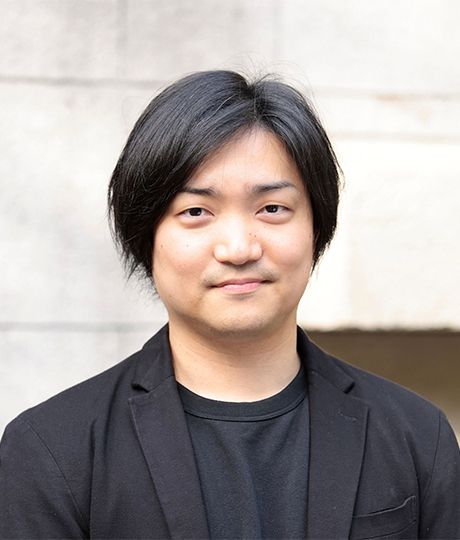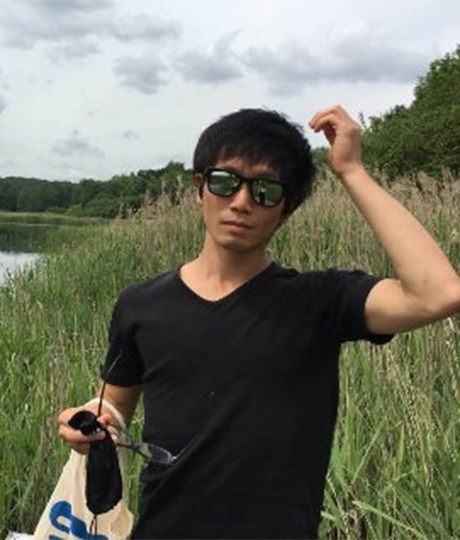Philosophy Quest stimulate natural intellectual curiosity and self-exploration
Generally speaking, intellectual activities include reading books and using language.
However, Philosophy Quest’s activities provide stimulation that goes beyond visual information such as sound, scent, taste, and touch, such as art appreciation, tasting, music listening, and walking in nature, and provides experiences that cannot be experienced in everyday life.
Also, taking the time to grapple with philosophical questions will make you know your beliefs and values.
Additionally, developing critical thinking allows you to develop an objective perspective. This process leads to self-exploration, inner growth, and lays an important foundation for a more meaningful life.
Expanding your horizons and acquiring rich knowledge and understanding through interaction and deep dialogue with others will be a lifelong asset.
Philosophy Quest produces the following 7 effects.
- Stimulate your five senses and become more sensitive to your own sensations and thoughts
- Acquire the ability to ask questions from various angles
- Gain the ability to see issues by adjusting the level of abstraction and concreteness
- Improve your thinking skills by thinking deeply about timeless questions
- Through philosophical dialogue, you can recognize your existing thinking habits and break through them to broaden your horizons.
- Regain your intellectual curiosity and be able to enjoy your daily life more.
- Listen carefully to others’ ideas and have fruitful conversations, which will help you build more meaningful relationships.
If you wish to participate, please contact us using the form.
Examples of Our Signature Activities
[Philosophical dialogue]
Philosophical dialogue is a process where participants freely exchange opinions on philosophical issues or themes. Through philosophical dialogue, participants can gain deep understanding and new perspectives, explore their own thoughts and beliefs, and deepen empathy and understanding with others.
[Philosophical walk]
A Philosophical walk is a fieldwork of philosophy, where participants stroll through nature while reflecting on the quotes of philosophers. By immersing themselves in the scent of trees, the texture of the soil, the chirping of birds, and the colors of the sky, participants engage all their senses to deeply contemplate.
[Question exploration]
Question exploration is a process that participants can systematically learn about questions and explore their own questions. Participants communicate each other with carefully about their own questioning, and can become aware of the characteristics and biases of their questing, and through questioning others and feedback on questions, participants can brush up their questions.
[5 senses self-exploration]
Self-exploration through the five senses involves using one's own senses to explore oneself. The purpose of this session is to activate one's senses and deepen self-understanding by seeing, hearing, touching, smelling, and tasting.
Specifically, participants focus their attention on familiar landscapes, common foods, and beverages in their daily lives, savoring their textures, aromas, and flavors. By linking physical sensations to one's emotions and thoughts and verbalizing them, individuals can contemplate deeper self-exploration and the richness of life.
[Philosophical art appreciation]
Philosophical art appreciation refers to the practice of approaching visual and artistic works with a philosophical perspective and mindset, delving deeply into their methods of expression and backgrounds. In philosophical art appreciation, attention is given to the philosophical themes and messages conveyed by the artwork, exploring how they influence the thoughts and emotions of the audience. Through this process, one can contemplate deeply on aspects of life, existence, and the essence of beauty, using artworks as a medium for introspection and reflection.
Team Philosophy Quest

Dr. Benjamin Lukey

Dr. Yosuke Horikoshi

Dr. Saki Hara

Dr. Taku Uchiyama

Yuko Konno

Daishi Matsukura

Lorenzo Shinsuke Imai
